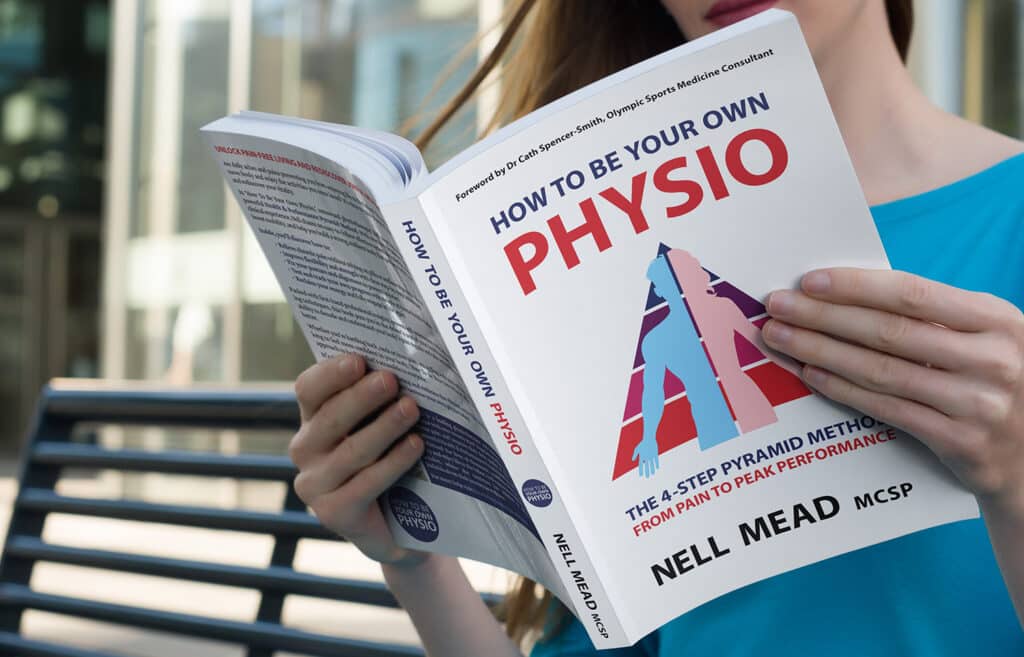Recover like a physio!
This blog series will cover my recovery (hopefully!) from a femoral chondral defect. I plan to document all the important things, in the hope that it will encourage other chondral defect or surgery patients to recover like a physio.
The injury
I play a fair bit of tennis and have done for nearly 40 years. I normally train with my coach once a week, and then play a match or two (usually doubles, occasionally singles) – this has been my routine for ages. It was no different in October 2022 when I stepped out on court to play a league match; in fact when my doubles partner Amy and I began to play, we realised that today we should achieve a fairly straightforward win.
Towards the end of the final set however, the opponents lobbed the ball over Amy’s head. I trotted to my left to retrieve it, pushing off my left foot as I hit my backhand. So far, so routine. And then something happened that wasn’t quite so routine – I felt a small crunch inside my left knee, and my left knee didn’t want to play any more.
I told Amy and we did finish (and win, of course) – but I was limping, and she had to do all the rest of the running. By the end of the evening, a little swollen egg appeared on the outside of my knee.
Self-treatment
Hoping it was nothing too serious, I went home, iced, elevated, limped for a few days and tried again the next week. The knee wasn’t delighted with me and I started to think I might have a degenerative meniscus. We have two meniscal cartilages in each knee, and they sit on the inner and outer parts of the top of the tibia, providing a cushion so that we can absorb shock and rotate. As a chubby woman in her 40s, still playing regular sports that involve a lot of twisting and turning, and having had previous hip and calf injuries, I am a fairly prime candidate for this type of injury. A degenerative meniscus is annoying, but there’s not a lot to be done surgically, so it’s mostly a case of taking anti-inflammatories and working on strength and balance, so that’s what I did.
Getting worse…
A month or so later, the knee seemed calmer and stronger, so I went on a trip I’d been planning for a year, to Rafa Nadal’s academy in Mallorca, where my lovely friend Jeanette and I joined a group of young European men for an intensive week of coaching. This was intended to be my pre-season training before a year of ITF tournaments and a trip to Finland to play in the European Masters Games, slotted around my clinic commitments.
Annoyingly, my knee was deeply unimpressed. I managed to take part in the vast majority of the coaching, but spent an awful lot of the off-court time in the spa, using water pressure and massage to try to control the pain and swelling in my knee. I also stuck to the principles of my Health & Performance pyramid: I drank lots of water, ate as healthily as I could, got plenty of sleep, and tried not to catastrophise!
The next step…
However, as I limped home, I realised it was time to take my knee more seriously. I needed to know if it was definitely “just” a degenerative meniscus (which might benefit from a steroid injection) or something more serious. Luckily I have health insurance through WPA (though I’d never used it before) so I called them and got their online GP to refer me to the lovely Dr Cath Spencer-Smith… and thus the process began…







